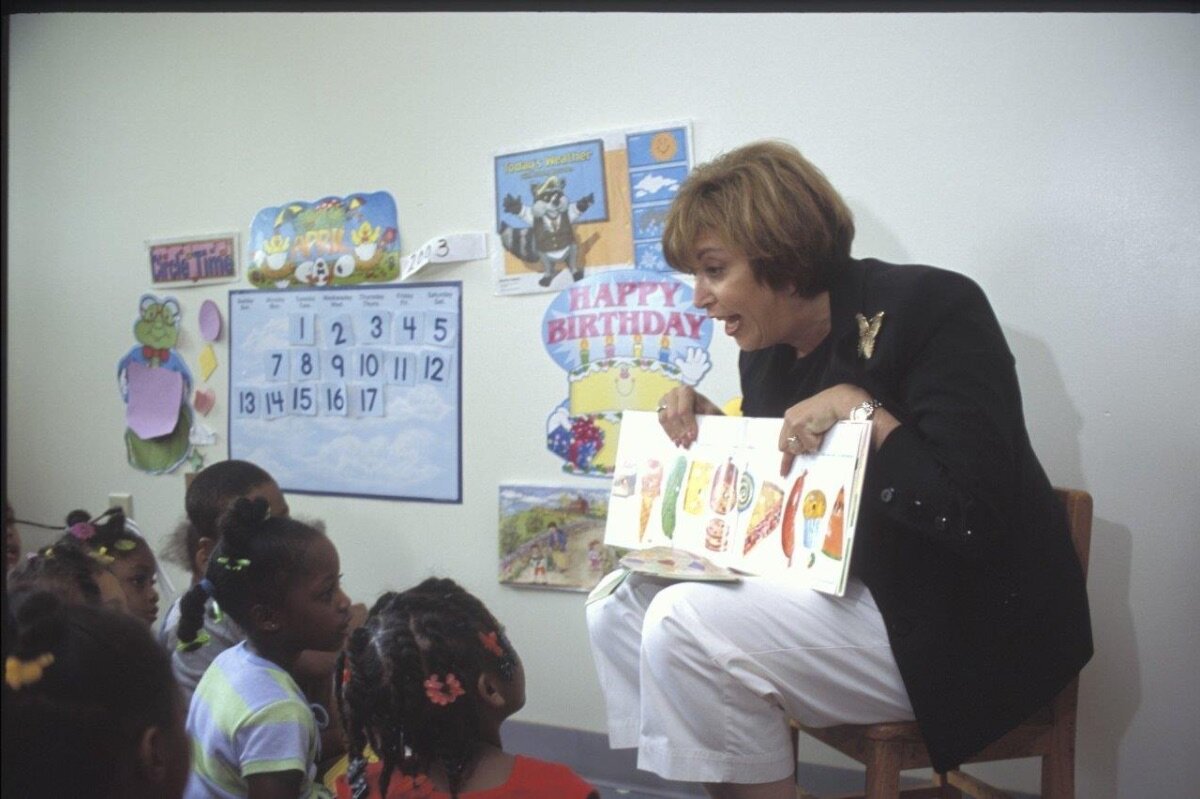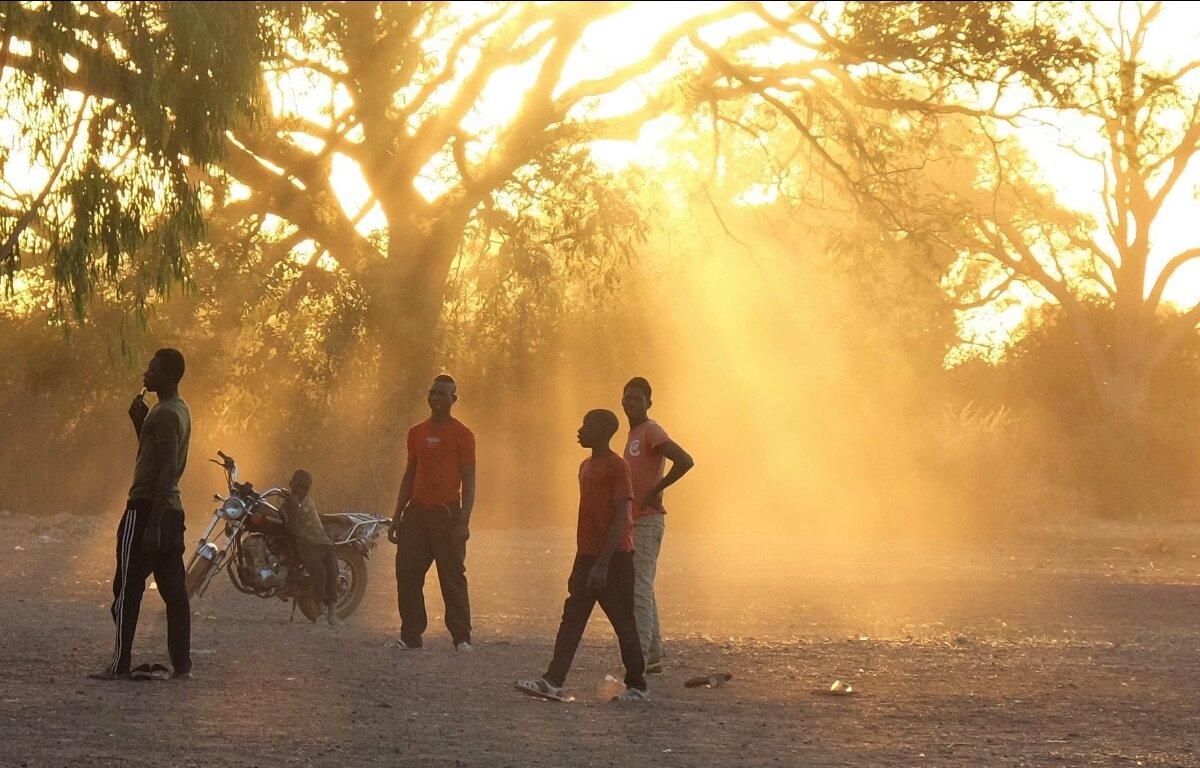February 2020
The average human life lasts 650,000 hours. How will you spend yours?
The Louvre attracts more visitors, but I much preferred the Musee d' Orsay in Paris.
Are You Truly Seeing the World Around You?
I’ve met the Mona Lisa twice though I don’t know her well. I saw her last month in Paris, though I gazed at her enigmatic smile for no more than a minute: To keep the long line moving, a portly security guard shooed away any lingering guests. And yet many of the thronging tourists in the winding, amusement park-style line didn’t see her it all. The reason? When they finally reached Ms. Mona, they turned away and took a selfie. That’s right, people traveled hours by train or plane to reach Paris, paid €17 for a Louvre ticket, stood in line to see one of the great masterworks of Western civilization, then turned their back on it.
This is not an uncommon phenomenon. Frequently in my travels, I see people recording their experiences without truly experiencing them. A few years ago, I was lucky enough to be in Lucerne, Switzerland, and we rode a gondola to snowy Mt. Pilatus for views of the Alps. At the overlook, tourists held selfie sticks like light sabers, smiling stiffly at smartphone screens, oblivious to the scene around them: The yellow-beaked birds swooping above their heads, struggling against the wind; the beautiful, squiggly shadows in the rippled, melting snow; the dot-like boats leaving faint wakes on far-off Lucerne Bay. They came, they selfied, they left.
I’m not anti-selfie. I take them too. But I also try to stop and observe and absorb, and to create, you know, actual memories, whether I’m wandering the Louvre or walking my dogs. Last year, I interviewed Tim Wu, author of The Attention Merchants, for an AARP story on distractions, and he said something that stuck with me: “Your life is what you pay attention to.” Put another way, a rich life requires us to face the world—not turn our backs on it.
For some related reads (and I say this as someone who checks his email and Twitter feed way too frequently), check out this Thrive Global story by a man who’s lived without his phone for two years and a Canadian story about a dad who, yes, took his 18-year-old son on a road trip in Mongolia to break his cell phone addiction. —Ken Budd
See The World
These were some of my fellow volunteers on an Earthwatch trip in Ecuador.
Want to volunteer abroad in 2020? Here’s a beginner’s guide I wrote for NationalGeographic.com.
The benefits of travel are worth the carbon footprint, writes Cassidy Randall for Outside, and travel can even help save the planet (Noelle Alejandra Salmi and Tim Wenger, Matador Network).
Plus: How you can get hotels to use less plastic (Matt Villano, CNN Travel), 11 tips for saving money when you book travel (Kristin Wong, The New York Times), and the best new museum openings in 2020 (Laura Kiniry, Smithsonian).
Live Your Best Life
Photo Credit: The Fred Rogers Company.
Sure, you knew he played with puppets, but did you know that Mr. Rogers swam every day? Or that he was a vegetarian? Here are five of his mood-boosting, good-health secrets in a piece I wrote for Thrive Global.
If Facebook and Twitter bum you out, here’s how to enjoy more positive social media experiences (Geoffrey Morrison, The New York Times).
Plus: Why expensive purchases can make us feel bad (Elizabeth Segran, Fast Company), how remembering moments of kindness can make you happy (Shanna B. Tiayon, Greater Good Magazine), and the link between good health and having meaning in life (Dennis Thompson, U.S. News and World Report).
Meet Amazing People
Sixty-one percent of low-income families don't have children's books in their homes, Marhaver learned.
Robin Ferst Marhaver was stunned by low adult literacy rates in her Georgia community, so she founded a nonprofit to provide kids’ books to low-income families. I wrote about her for my latest “Everyday Heroes” story in The Saturday Evening Post.
After nine-year-old Lily Allison was bullied because of her medical condition, she wrote a book about kindness (Pamela Johnson, Loveland Reporter-Herald).
Plus: Terrance Lewis spent nearly 22 years in prison after he was wrongly convicted of murder and now he’s working to exonerate others (Samantha Melamed, The Philadelphia Inquirer), and a teenager discovered a new planet three days into his NASA internship (CBS News).
Photo of the Month
I recently visited the village of Dagabo, Mali with One Global Village and United Aid Foundation. You can meet some of these impressive people in our upcoming 650,000 Hours podcast.




